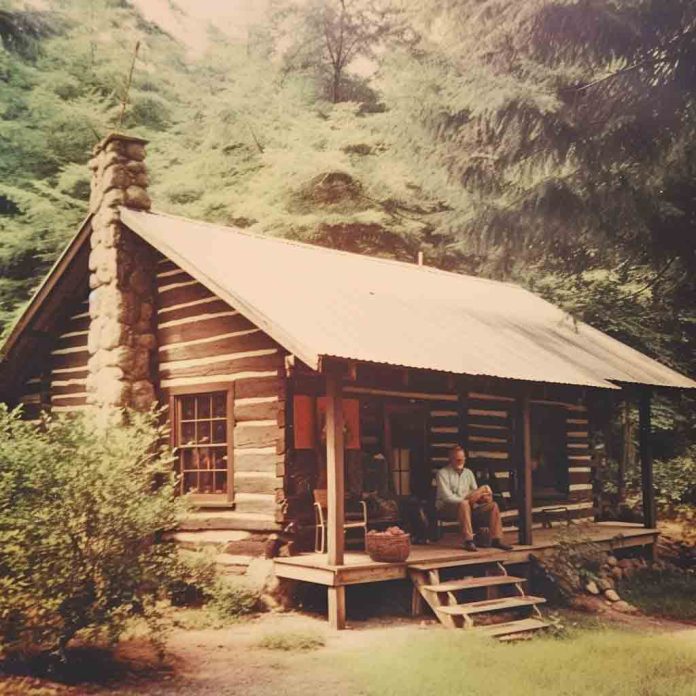Here is a list of popular real estate and land websites where you can search for properties, land, and real estate-related information:
- Zillow (www.zillow.com)
- Realtor.com (www.realtor.com)
- Trulia (www.trulia.com)
- Redfin (www.redfin.com)
- HomeFinder (www.homefinder.com)
- Century 21 (www.century21.com)
- Coldwell Banker (www.coldwellbanker.com)
- Remax (www.remax.com)
- LandWatch (www.landwatch.com)
- Land And Farm (www.landandfarm.com)
- LoopNet (www.loopnet.com) – Commercial real estate
- Land.com (www.land.com)
- LandFlip (www.landflip.com)
- LandHub (www.landhub.com)
- United Country Real Estate (www.unitedcountry.com)
- LandsofAmerica (www.landsofamerica.com)
- LandSearch (www.landsearch.com)
- LandBlueBook (www.landbluebook.com)
Please note that the availability of properties and land listings may vary by location and the specific website you visit. Always ensure to conduct thorough research and consider working with a local real estate agent when making property or land-related decisions.
How to Do Your Due Diligence in Land Buying: Key Considerations
Buying land is a significant investment that requires thorough due diligence to ensure you’re making an informed and wise decision. Just like purchasing a house, buying vacant land involves unique considerations and potential challenges.
Whether you’re buying land for residential, recreational, agricultural, or investment purposes, here’s a detailed guide on how to conduct due diligence when purchasing land, along with some crucial factors to look out for.
1. Define Your Purpose
Before you begin your search, clearly define the purpose of the land purchase. Are you planning to build a home or cabin, start a farm, or invest in vacant land? Your intended use will dictate the type of land you need and the specific factors to consider during due diligence.
2. Location and Zoning Regulations
Location is paramount in real estate. Research the area thoroughly, considering proximity to amenities, schools, healthcare facilities, and potential for future development. Remote land is good and cheaper than land near cities, but it comes with its own challenges like being far away from resources you might need in the city. Additionally, investigate local zoning regulations, land use restrictions, and any planned infrastructure projects that might affect the land’s value and use.
3. Access and Utilities
Ensure the land has legal and practical access. Verify that there are adequate roads leading to the property and that you have the legal right to use them. Check for utility availability, including water, sewage, electricity, and gas connections. If utilities are not available, evaluate the costs and feasibility of installing them. You’re likely looking for vacant land with no improvements, building your cabin, and installing your own infrastructure like solar power, well, septic, and outbuildings; make sure you can do all these things and it’s not prohibited.
4. Land Size and Boundaries
Get a survey of the land to determine its exact size and boundaries. This will help prevent disputes with neighbors and ensure you’re purchasing the correct amount of land. Be cautious of encroachments or easements that may affect the property.
5. Environmental Considerations
Assess the environmental aspects of the land. Look out for wetlands, flood zones, endangered species habitats, and other environmental restrictions that might limit land use. Soil quality and suitability for your intended purpose are also crucial factors to consider.
6. Title Search and Ownership
Conduct a thorough title search to confirm the property’s legal ownership and uncover any liens, easements, or restrictions associated with it. Engage a qualified title company or attorney to assist with this process.
7. Land History and Usage
Learn about the history and previous usage of the land. Was it used for agriculture, industrial purposes, or other potentially contaminating activities? Soil testing and environmental assessments can help identify any concerns related to past land use.
8. Property Taxes and Assessments
Research the property taxes and any additional assessments you may be responsible for. Consider how these costs will fit into your budget.
9. Market Analysis and Value Assessment
Determine the fair market value of the land by analyzing recent sales of comparable properties in the area. Consult with local real estate agents or appraisers to get a realistic estimate.
10. Future Development and Growth
Research the area’s potential for future development and growth. Planned infrastructure projects, commercial developments, or zoning changes can significantly impact the land’s value.
11. Financing and Budgeting
Evaluate your financing options and establish a budget for the land purchase. Consider the down payment, interest rates, and the overall cost of ownership, including property taxes and maintenance expenses.
12. Inspection and Professional Assistance
Engage professionals such as land surveyors, environmental consultants, real estate attorneys, and real estate agents who specialize in land transactions. Their expertise can help uncover potential issues and navigate complex processes.
13. Negotiation and Contingencies
When you find the right piece of land, negotiate the terms of the sale. Include contingencies in the contract that allow you to back out if due diligence uncovers significant problems.
14. Closing and Documentation
During the closing process, ensure all necessary documentation is in order. This includes the title transfer, land survey, and any other legal requirements.
15. Future Plans and Resale Value
Consider the long-term prospects of the land. How might your needs and plans change over time? A property with good resale potential can offer financial security.
Buying land can be a rewarding investment, but it’s essential to approach it with caution and thorough due diligence. Each land purchase is unique, so adapt your due diligence process to the specific circumstances of the property. With proper research and professional guidance, you can make a well-informed decision that aligns with your goals and ensures a successful land purchase.

